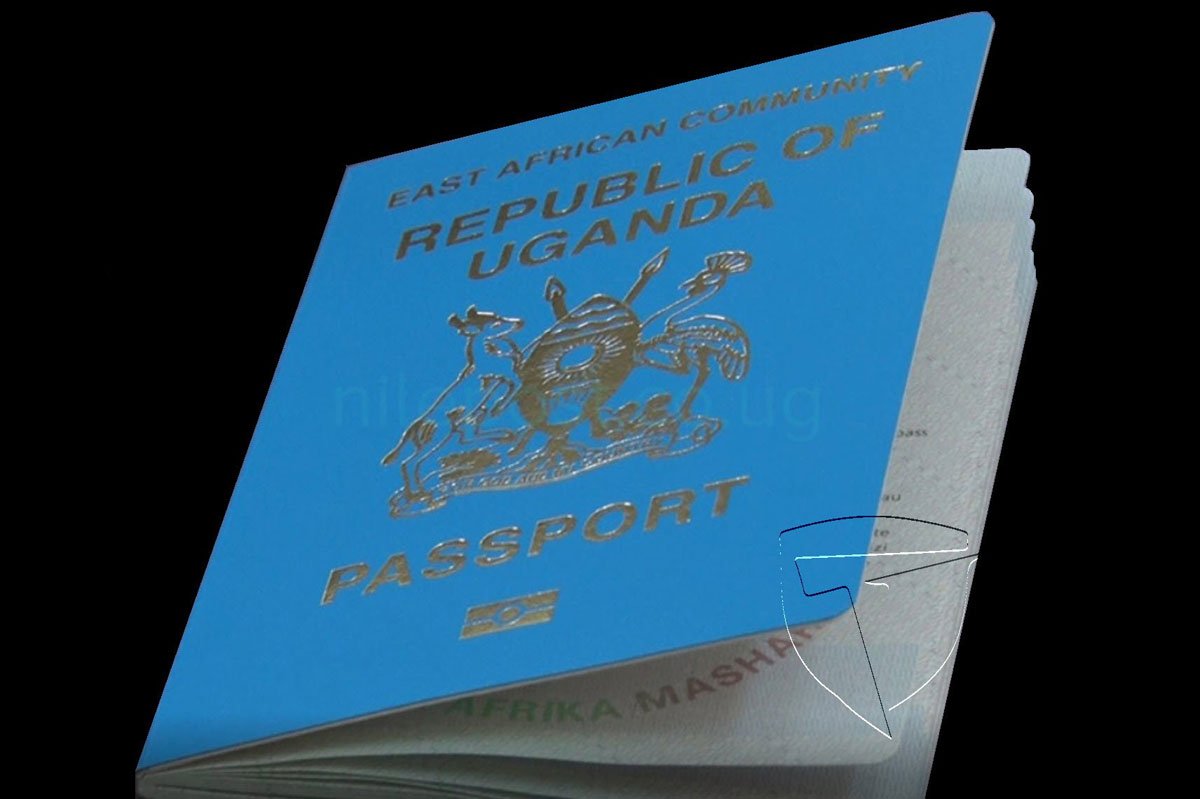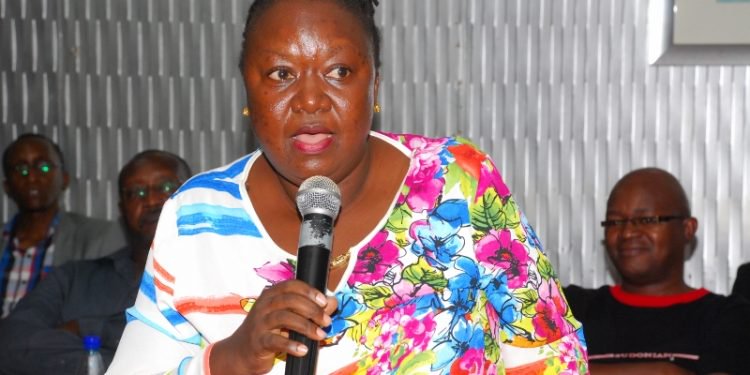The rise in Church wedding fees has been identified by the Uganda Bureau of Statistics (UBOS) as one of the major drivers in the increase in inflation as recorded in the past 12 months.
According to the latest Consumer Price Index (CPI) report released on Wednesday for the last 12 months ending January 2024, the country’s annual inflation rate increased to 2.8 percent compared to the 2.6 percent recorded in the same period the year ending December 2023.
In the report, this increment was largely due to the rise in the annual core inflation group, whose main driver was the annual services sector where at 30.7 percent, up from 9.5 percent, wedding fees had the sharpest increase in this group.
Currently, wedding fees paid to Churches and Mosques have risen to an average of between 200,000 and 800,000 Shillings up from between 150,000 and 450,000 shillings.
In some Churches, a couple can part with over two million shillings as wedding fees.
Aliziki Lubega, the UBOS Director for Economic Statistics, explained that in their survey they encountered revised schedules of the religious wedding fees almost across all religious sects, and this directly translates into the services sector inflation rate.
She adds that these changes have a huge weight in the inflation rate computations, hence their bearing on the overall inflation rates.
The other goods and services that contributed to the increased annual inflation, especially in the services docket, are the annual passenger transport by taxis and hired cars whose inflation rose to 5.6 percent from 2.1 percent, domestic flight inflation went up to 2.3 percent compared to a minus 1.0 percent.
The report also identifies the annual other goods inflation rate, as another contributing factor to the overall inflation increase, as it rose to 1.3 percent, up from 1.2 percent as recorded in the year ending December 2023. For this category, the rise was mainly due to cassava Flour which recovered a minus 7.3 percent, up from a minus 12.2 percent, then maize flour prices went up by minus 31.1 percent, compared to a minus 31.5 in the year ending December 2023.
Shifting focus to the goods sector, the report points out that annual inflation in the other goods sector rose to 1.3 percent from 1.2 percent in the year ending December 2023.
This increase is attributed to cassava flour’s recovery, which shifted from a minus 7.3 percent to a minus 12.2 percent, and maize flour prices, which rose by 31.1 percent compared to a minus 31.5 percent in the previous year.
Additionally, the annual Energy, Fuels, and Utilities inflation, also played a role in the overall inflation increase, rising to 7.4 percent from 6.4 percent in the year ending December 2023. Notable contributors to this uptick include a 3.8 percent increase in petrol prices and a 9.4 percent rise in firewood prices compared to the 7.3 percent recorded in the previous year.
The unexpected surge in religious wedding fees, coupled with various other factors across goods and services sectors, has contributed to Uganda’s inflationary pressures over the past year, as outlined in the recent UBOS report.

















